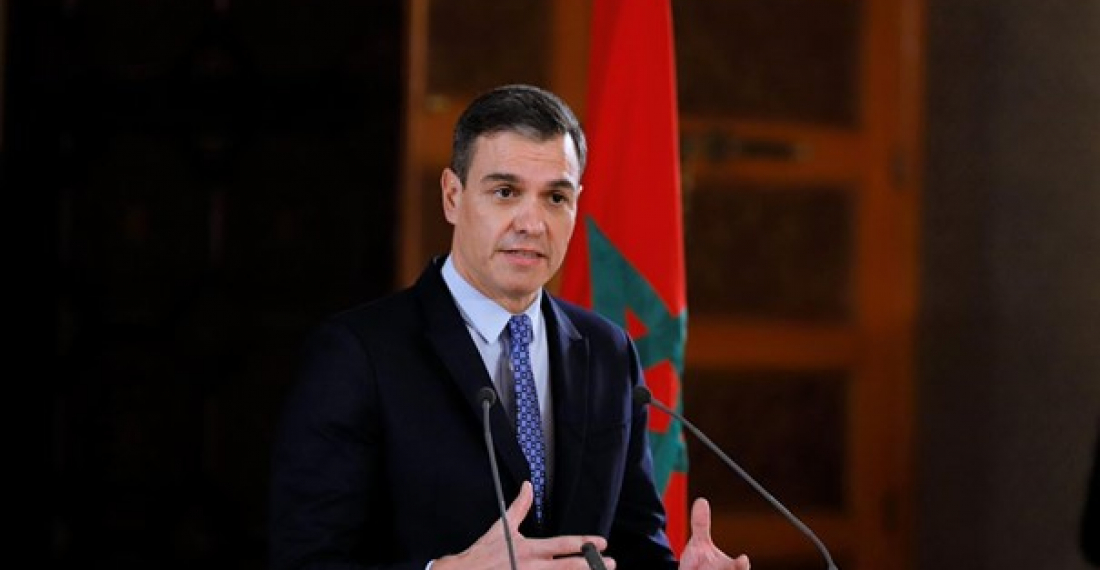The Sahrawi pro-independence Polisario Front declared on Sunday (10 April) that it was breaking its ties with the Spanish government of Pedro Sanchez after Madrid declared its support for Morocco's autonomy plan on the Western Sahara issue.
The pro-independence organisation called on the Spanish government to comply with international legality and to recognise the Sahrawi people's right to self-determination.
Western Sahara - a vast desert area with a coastline rich in marine resources and a subsoil rich in phosphates - is a former Spanish colony classified as "non-autonomous" by the United Nations, with 80% of its territory currently under Moroccan control.
The key demand of the Polisario Front, an Algiers-backed movement of fighters seeking independence for the territory, is a referendum on self-determination. This referendum was planned by the UN when a ceasefire was signed in 1991, but never implemented.
On the other hand, Rabat repeats that its 2007 autonomy plan is the best it can do to find a political solution to the conflict.
The Polisario Front considers that the autonomy plan aims to legitimise the annexation of Western Sahara while ignoring the inalienable rights of the Sahrawi people to self-determination.
The momentum is in Rabat's favour as the UN has urged both sides to negotiate in a spirit of compromise for a "mutually acceptable solution" and has stopped mentioning the referendum option. The US, France, Germany, and other Western and Arab powers have recently supported the position of Spanish Prime Minister Pedro Sanchez.
On 18 March, Sanchez publicly announced his support for Rabat's plan for Western Sahara. He described this plan as the most "serious, realistic and credible" basis for a peaceful solution to the disputed territory.
The restoration of cordial relations between Rabat and Madrid is primarily aimed, on the Spanish side, at ensuring cooperation in efforts to control illegal immigration. Morocco, from where most of the migrants leave for Spain, has been repeatedly accused of using them as a tool for political pressure.
In May 2021, Moroccan border police let 10,000 migrants from sub-Saharan Africa pass through, creating chaos in the Spanish enclave city of Ceuta, on the North African coast. This lack of cooperation in the management of migration flows was a consequence of the Spanish government’s decision to allow Brahim Ghali, leader of the Polisario Front and public enemy of the Moroccan kingdom, to be hospitalised in Spain after testing positive to Covid.
In November 2020, the ceasefire signed between the two parties was shattered when Moroccan troops were deployed in the south of the Sahrawi territory to dislodge independence fighters, who were blocking the only road to Mauritania. Since this incident, the Polisario Front considers itself to be in a state of self-defence and publishes a daily bulletin of their operations on the ground.







